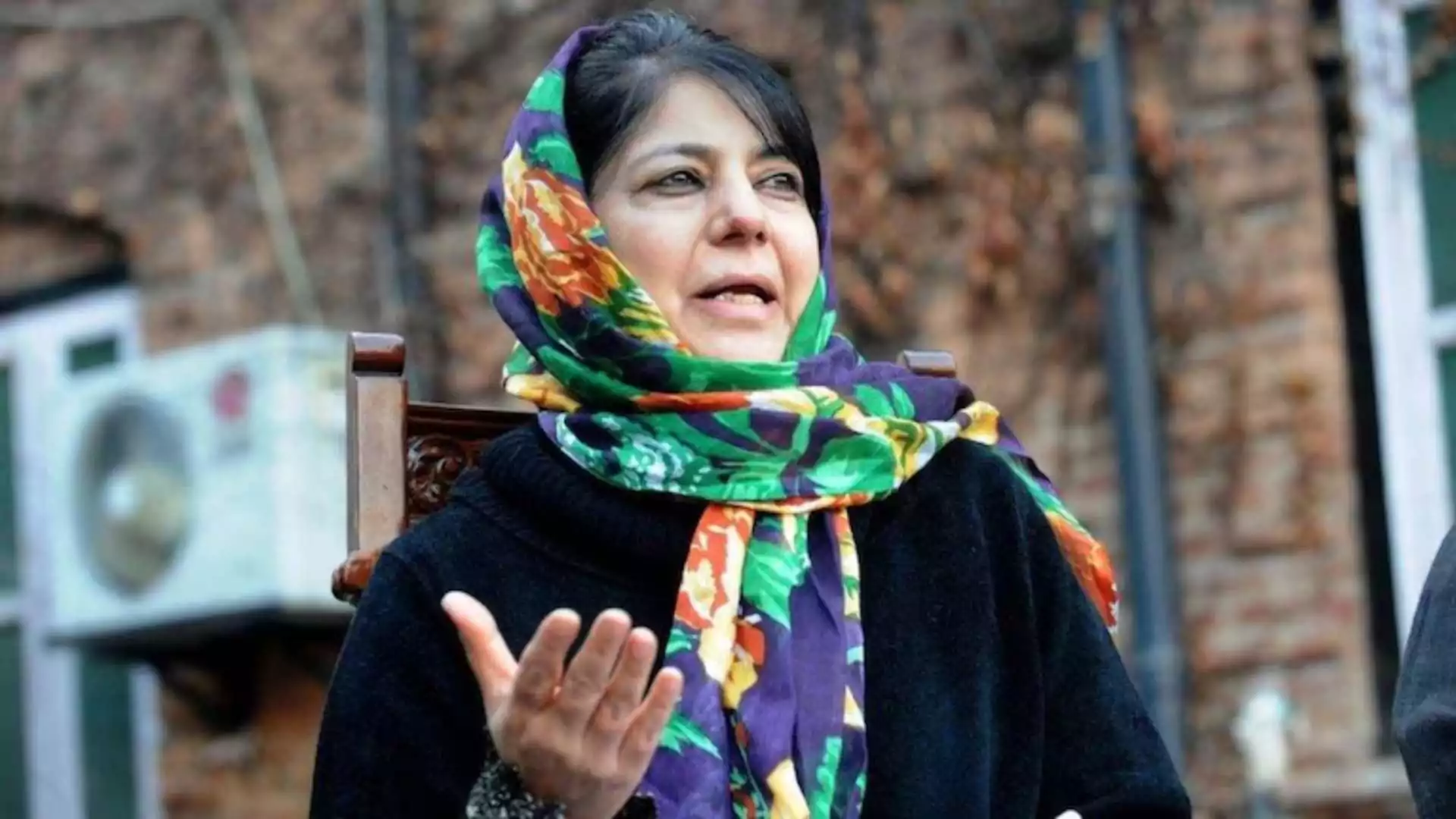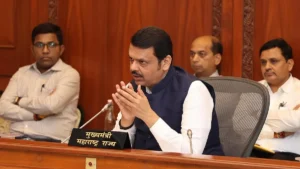Peoples Democratic Party (PDP) chief Mehbooba Mufti has urged Janata Dal (United) president Nitish Kumar and Telugu Desam Party (TDP) chief Chandrababu Naidu to take action against the proposed Waqf Amendment Bill, which she believes could harm national unity and communal harmony.
The Janata Dal (United) in Bihar and the Telugu Desam Party in Andhra Pradesh are allies of the Bharatiya Janata Party (BJP) and part of the ruling National Democratic Alliance (NDA). On January 29, a joint parliamentary committee approved the revised 2024 Waqf Amendment Bill, with 15 votes in favor and 11 against. The bill was earlier cleared on January 27 after NDA members’ proposals were accepted, while amendments suggested by Opposition MPs were rejected.
Mufti’s Appeal to Kumar and Naidu Over Waqf Bill
In a letter to Nitish Kumar and Chandrababu Naidu on February 2, Mufti expressed deep concern about the bill’s implications. She argued that the legislation was introduced at a time when Muslims were facing systemic disenfranchisement, political marginalization, and economic challenges.
While the bill is presented as a reform to regulate waqf properties, Mufti claimed its actual goal was to weaken the Waqf Act, which exists to safeguard properties meant for the religious and social upliftment of Muslims.
Understanding Waqf and the Proposed Amendments
A waqf is a property donated by Muslims for religious, educational, or charitable purposes. The Waqf Act governs these properties, with waqf boards in each state responsible for managing them. The last amendment to the Act was made in 2013.
The new Waqf Amendment Bill has faced strong opposition from the INDIA bloc and Muslim organizations such as Jamiat Ulema-e-Hind. They argue that it infringes upon the right to freedom of religion and the ability of religious communities to manage their own affairs.
The bill proposes 44 amendments that would reduce the authority of waqf boards, increase government control, permit non-Muslims to serve as board members, limit property donations, and alter the powers of waqf tribunals. The bill was sent to a joint parliamentary committee on August 8, following objections from the Opposition.
Opposition’s Concerns and Dissent Notes
Mufti criticized the committee for ignoring concerns raised by Opposition members, stating, “Perhaps what’s most concerning is the utter disregard to the misgivings raised by the Opposition parties in the form of dissent notes submitted to the joint parliamentary committee.”
Several Opposition MPs submitted dissent notes against the bill after its approval on January 29. Mufti condemned the lack of meaningful consultation with the Muslim community, calling the process “farcical” and accusing the government of pushing forward an “unconstitutional, unconscionable, and authoritarian bill.”
A Threat to Constitutional Rights?
According to Mufti, the amendments not only go against the interests of the Muslim community but also represent a direct attack on fundamental rights guaranteed by the Constitution. She described the bill as “deeply divisive” and a symptom of majoritarianism that has marginalized Muslims since 2014.
She further stated that the essence of Mahatma Gandhi’s vision for India was being altered, eroding the secular fabric that holds the nation together.
A Call to Action for NDA Leaders
Addressing Kumar and Naidu directly, Mufti reminded them of their long-standing commitment to constitutional values and interfaith harmony. “You have always been a staunch believer in our Constitution and have consistently championed the spirit of Ganga-Jamuni brotherhood,” she wrote. “Today, as key members of the NDA, you are uniquely positioned to influence this matter and halt this onslaught.”
Mufti’s letter follows a similar plea from National Conference leader Aga Syed Ruhullah Mehdi, who recently called upon the Janata Dal (United) and Telugu Desam Party to consider the concerns of the Muslim community regarding the bill, as reported by The Indian Express.
The BJP, having fallen short of a majority in the 2024 Lok Sabha elections, formed a government with the support of the Janata Dal (United) and other NDA allies. With opposition mounting against the Waqf Amendment Bill, it remains to be seen how Kumar and Naidu will respond to the growing pressure from their allies and the wider political spectrum.






















